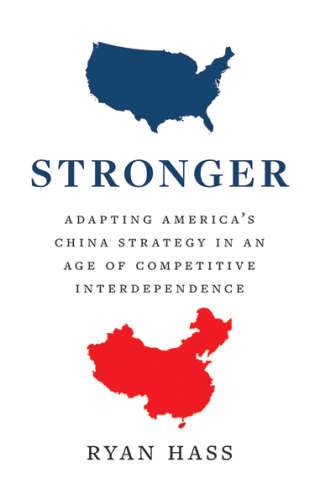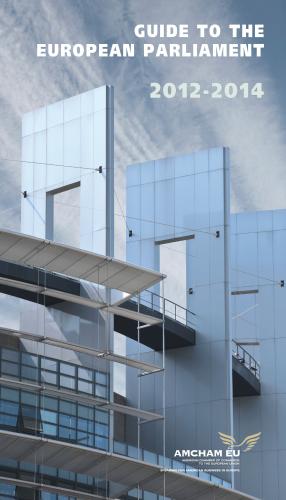Spotify, the online music streaming giant and perhaps Sweden’s most well-known unicorn, generated headlines recently when it threatened to expand its offices somewhere other than its hometown of Stockholm. Given Stockholm’s well-recognized innovation ecosystem, Spotify’s announcement was a jarring wakeup call, alerting regional economic-development and political leadership to a need to strengthen its business climate to remain globally competitive.
The surprising announcement reflected some of the broader strengths and weaknesses of the region presented in a Global Competitiveness Profile published last year by Brookings and the Stockholm Chamber of Commerce. While, Stockholm has a productive economy with world-class innovation assets, the report validated Spotify’s founders’ claims that the local business ecosystem is hindered by minimal access to affordable housing in the capital region, a lack of the early education and vocational training needed for the region’s ever-changing workforce and tech-oriented economy, and tight government regulations on taxes on stock options.
Recent events have only added urgency. Against the backdrop of the June U.K. referendum vote to leave the European Union, Stockholm now has the opportunity to enhance its role as a European financial center and attract investments and companies from the U.K. through enhanced business services.
Fortunately, the Stockholm Chamber of Commerce has been ahead of the curve in addressing the realities and shortcomings of the region’s economic competitiveness. In response to last year’s competitiveness profile findings, the Chamber took a leading role in organizing civic, business, and governmental leaders at the regional and national level to align their efforts around an internationalization strategy for the Capital Region. To inform the Chamber’s process and shed light on the ways in which other cities are improving their global competitiveness, Brookings led a delegation of five cities currently implementing Global Cities Initiative trade-and-investment plans to Stockholm in April of this year.
The final strategy, released by the Chamber in late August, positions the greater Stockholm Region to compete in the global economy by:
-Opening up the city to an international workforce.
-Making Stockholm a knowledge capital through world-class universities.
-Increasing the number of headquarters located in Stockholm.
-Identifying new sectors to internationalize.
-Reducing the barriers to trade.
-Putting cities at the center of trade policy.
-Leveraging Stockholm’s tourism as an export.
“Conventional approaches to spur trade, like state-led trade policy, do not seem to be working very well,” Lena Johansson, CEO of the International Chamber of Commerce Sweden, said at the release event. “We need new approaches to promote internationalization, and this strategy is an excellent guide for this.” Metro-level trade-and-investment strategies address the specific assets of city-regions and can be necessary supplements to national trade efforts. The Swedish Minister for EU Affairs and Trade, Ann Linde, acknowledged this need for regional strategies in her remarks, noting the critical role that city-regions play in national export activity.
The launch of this plan is timely as Stockholm navigates internal headwinds relating to the region’s ability to attract and retain business and talent, as well as external forces, like the Brexit referendum. By committing themselves to this plan, the Stockholm region is already one step ahead of the competition.






Commentary
Amid Brexit and Spotify threats, Stockholm adapts to remain globally competitive
September 20, 2016